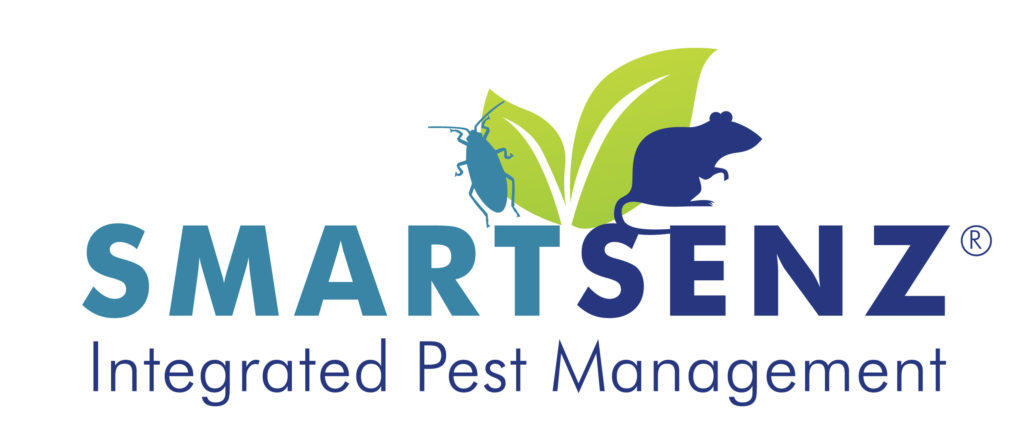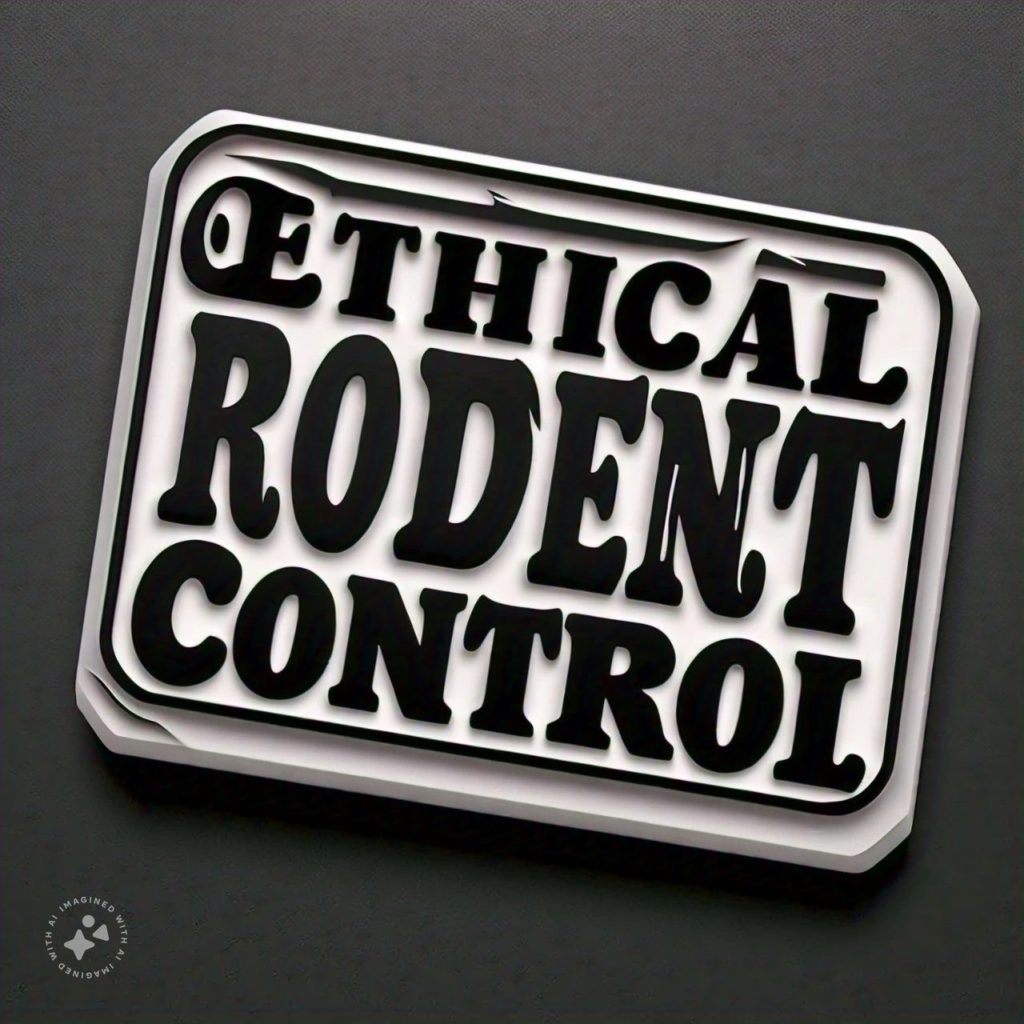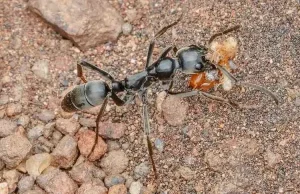Protecting Your Business Ethically
We know that rodents can pose significant health risk challenges, structural damage challenges, product contamination challenges and brand reputation challenges. If it’s important to you, it’s important to address rodent issues using safe and humane methods. By choosing ethical rodent control solutions, you can protect your business while protecting the planet too. So, in this blog we will explore various humane rodent control methods and provide tips on how to implement them effectively.
Why choose humane rodent control?
Firstly, using humane methods aligns with ethical standards and shows that your business is committed to responsible pest management.
Secondly, customers and employees appreciate businesses that prioritize ethical practices. Humane rodent control can enhance your company’s reputation and foster a positive image in the community.
Thirdly, in many areas, regulations require the use of humane pest control methods. Although South Africa is behind the rest of the world in terms of eco-friendly and humane pest control, hopefully better legislation will come soon.
Humane rodent control methods
So, let’s talk about a few humane rodent control method options that are out there:
- Live traps = Live traps are designed to capture rodents without harming them. Once trapped, the rodents can be released far away from your business premises. If you choose this method, you need to make sure that the traps are checked daily and are also fitted with water so that the rodent is not harmed in the time that it is trapped and before it is released.
- Exclusion techniques = Exclusion involves sealing entry points to prevent rodents from entering your building. If you are interested to know more about this technique, check our previous blog this month.
- Natural deterrents = Certain scents and substances can deter rodents. For example – apparently peppermint oil, ammonia (ew) and predator urine (also ew) can be effective in keeping rodents away. These natural deterrents are generally safe for both humans and pets (but do some research first, since some humans and pets are sensitive to strong oils and scents and may have serious allergic reactions).
- Rodent-proofing = Rodent-proofing involves making your property less attractive to rodents. In addition to sealing entry points, you need to also remove attractants to rodents (e.g. food, water and hiding spaces). If you want to know more about this technique, check out the previous blog this month.
- Professional pest control services = Partnering with a professional pest control company who cares about (a) humane rodent control or (b) eco-friendly rodent control can provide you with access to better methods that protect your property and protect the planet.
How to implement a humane rodent control plan in your business
If you are planning to implement a humane rodent control plan for your business, it would be a good idea to first conduct a thorough inspection of your property to identify any signs of rodent activity and potential entry points. Things you should look out for include droppings, gnaw marks, rub marks and nesting sites.
If you establish that you do have a rodent infestation, contact a professional pest control company to develop a humane or eco-friendly rodent control plan that is specifically tailored to your business.
Then, chat to your employees about why humane rodent control is important to you and the business. Encourage them to report any signs of rodent activity immediately. It is important to get employee buy-in for the programme to be successful.
Conclusion
Choosing safe and humane rodent control methods is not only ethical, but also beneficial for your business. You can really protect your property and the planet by implementing the right rodent control programme. Your commitment to ethical pest management will pay off in the long run, creating a safer and more responsible business environment.





